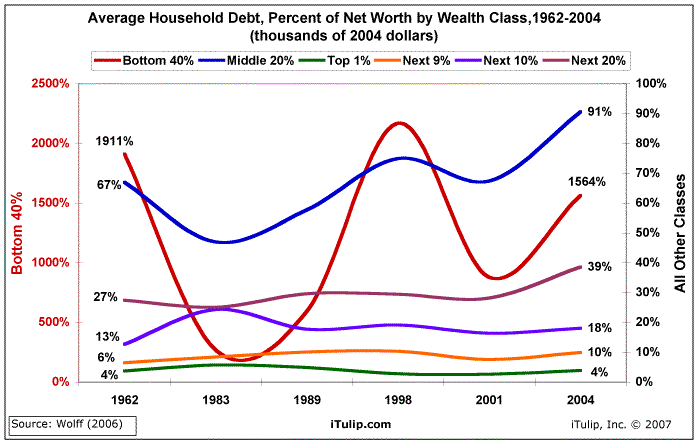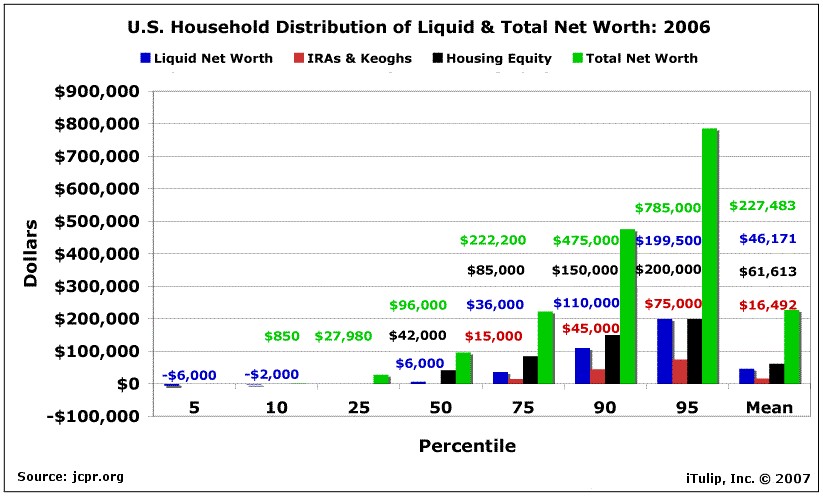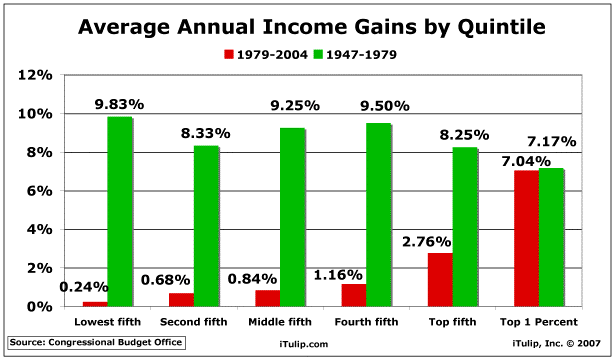Re: Shanghai in free fall as oil giant plummets
I've been assuming the real estate values work their way into CPI through housing prices, so there's a proxy for real estate values in the CPI. Maybe not completely accounted for, but measured in some meaningful way.
So in all the numbers we've seen they don't include housing in CPI in any way?
Originally posted by bart
View Post
So in all the numbers we've seen they don't include housing in CPI in any way?




Comment